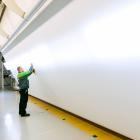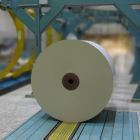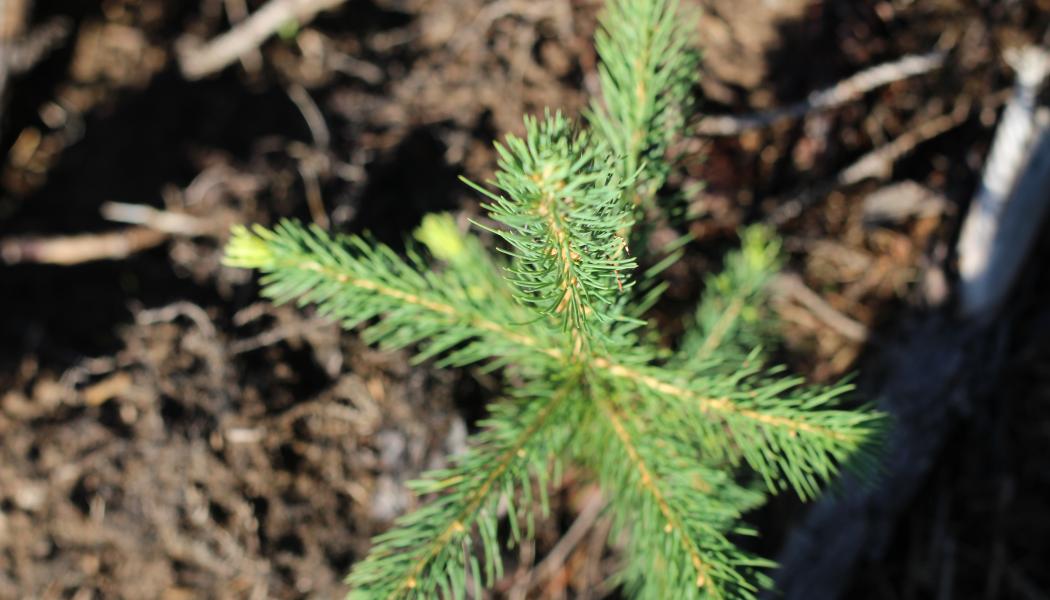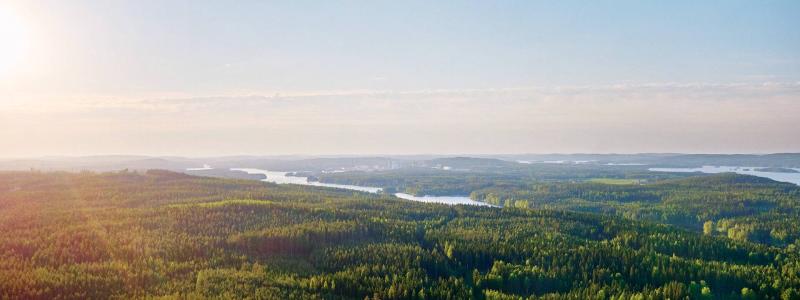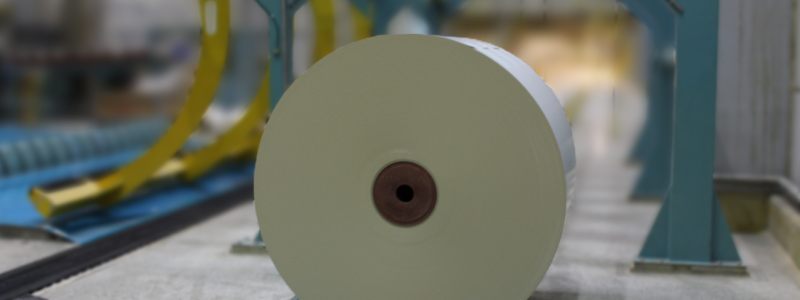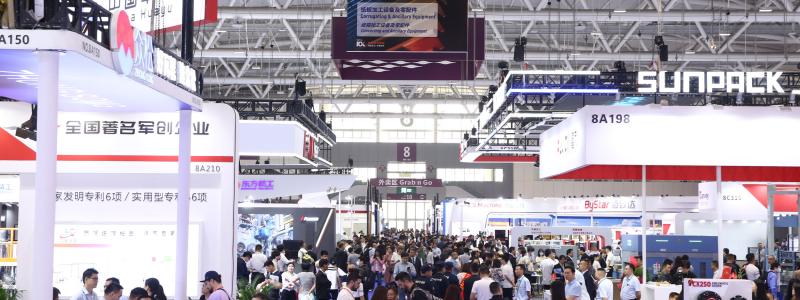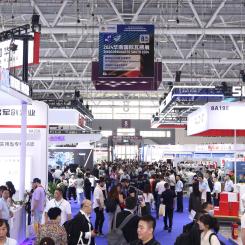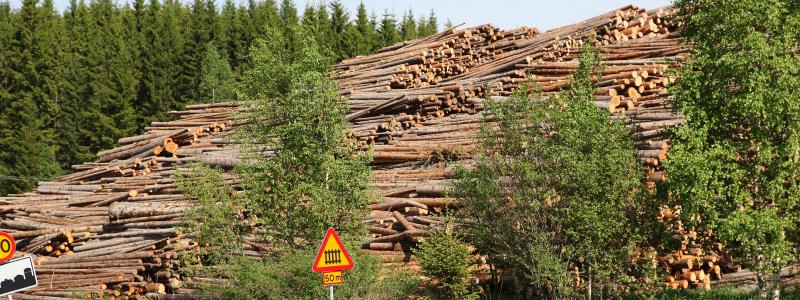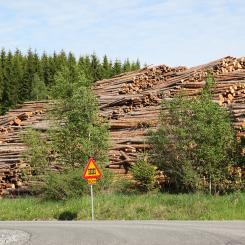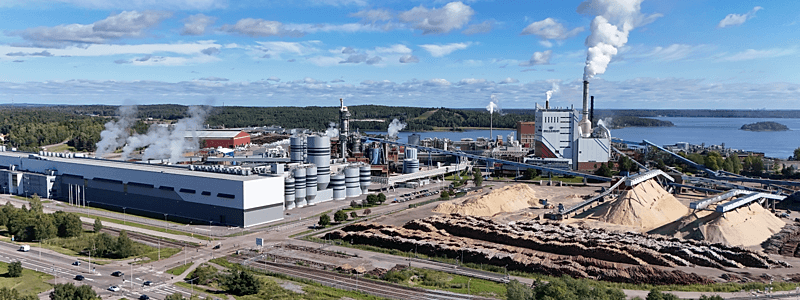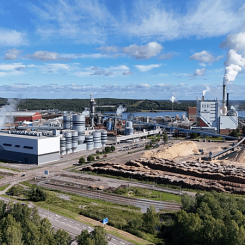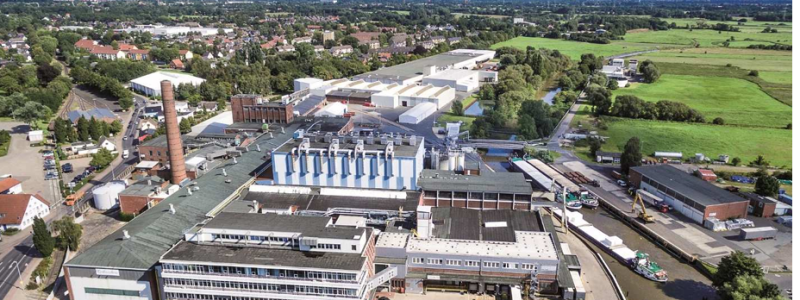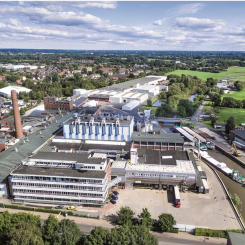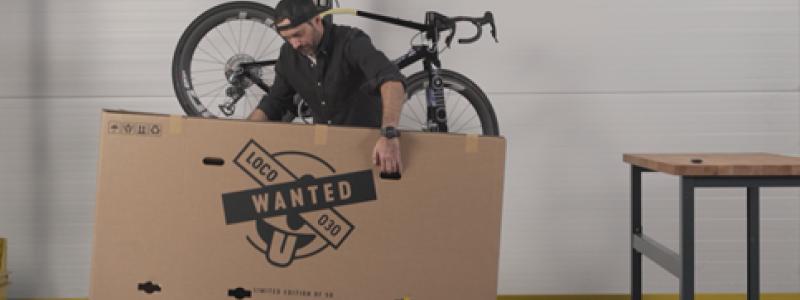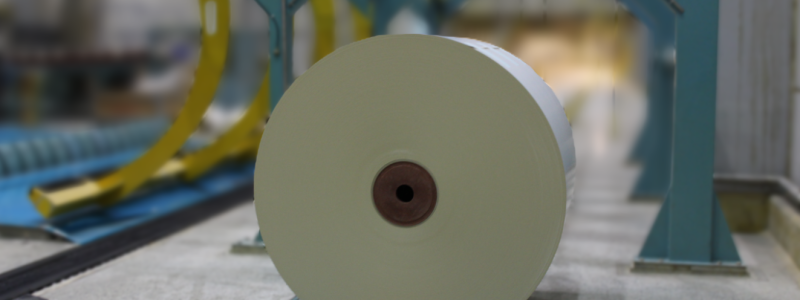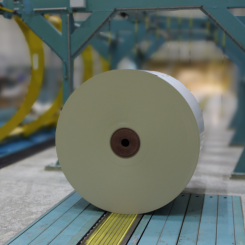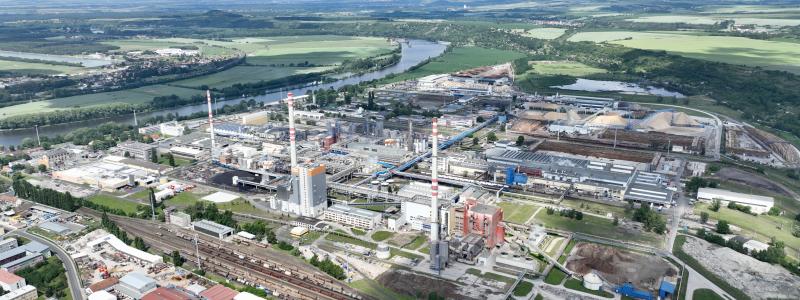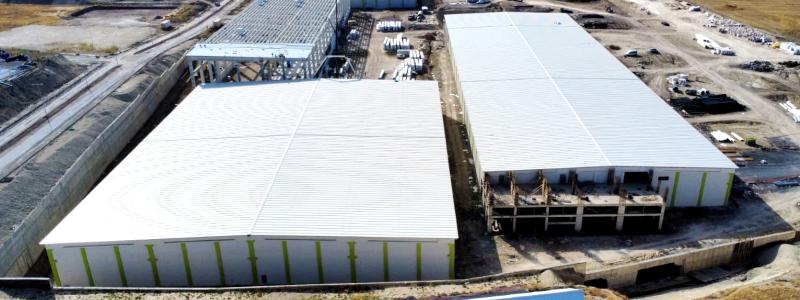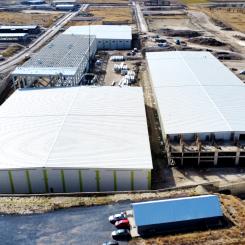Suzano, the world's largest producer of cellulose and a global leader in the production of bioproducts developed from eucalyptus, inaugurated the Ribas do Rio Pardo Seedling Nursery (MS) on September 11. One of the most modern and efficient nurseries in the company and in the world, the structure has systems that allow for the rational use of water resources, reuse of rainwater, efficient irrigation systems and the use of biodegradable tubes that reduce the use of plastics in the operation. The inauguration ceremony was attended by company leaders and state and municipal authorities.
With the capacity to produce 35 million eucalyptus seedlings per year, the structure is the result of an investment of R$80 million, with the creation of approximately 300 direct jobs during construction. The new seedling production unit, together with the nursery acquired by the company in Campo Grande – with a capacity for 40 million seedlings per year – will supply the forestry training program of the factory in Ribas, which began operations on July 21 of this year.
Innovation
“The forest is part of Suzano’s DNA and this new seedling nursery is directly linked to the company’s business strategies, which aim to combine efficiency and respect for the environment and people. We are opening one of the company’s most competitive and sustainable nurseries in Ribas do Rio Pardo, which will help supply our factory, reduce greenhouse gas emissions and generate jobs and income in the municipality, both through direct employment and by boosting the local economy,” says Rodrigo Zagonel, Suzano’s Director of Forestry Operations in Ribas do Rio Pardo.
An automation project is also being implemented at the nursery, which will encompass an entire production line, ensuring control and traceability of the production process via the RFID system – identification and control technology that works via radio waves –, in addition to robotic staking of vines and selection of seedlings.
Job creation
Already in partial operation since the first months of 2024, the nursery will employ around 240 people in total. The team of employees – made up of 85% women – was qualified through training programs offered by Suzano itself, together with its institutional partners, and is 100% made up of residents of Ribas do Rio Pardo. The qualification is part of the R$31.75 million invested by the company in professional training for forestry operations throughout the Cerrado Project, with the provision of almost 22 thousand hours of training.
In Mato Grosso do Sul, Suzano already operates a nursery in Três Lagoas to serve its two pulp production lines with the capacity to produce 30 million seedlings per year. Now with the new nurseries in Ribas do Rio Pardo and Campo Grande, the company's own seedling production capacity in the state will increase from 30 million to 105 million eucalyptus seedlings per year, which corresponds to a growth of 250%.
Sustainability
The Ribas do Rio Pardo Seedling Nursery has a drainage system to collect rainwater. In addition, the site uses automated irrigation systems, which, through prior human commands, make it possible to accurately determine watering intervals according to the humidity level of the environment and the seedlings, contributing to greater efficiency in the development of plants and more conscious use of water.
The structure also has two machines for the production of biodegradable tubes, which allow the cultivation of eucalyptus seedlings in containers produced from a mixture of organic compounds, made from sugar, which helps to avoid the use of plastic materials.
Suzano has a forest base of approximately 600 thousand hectares in Mato Grosso do Sul, of which 143 thousand hectares are environmentally protected, exclusively intended for the conservation of biodiversity.
In addition to planting eucalyptus, the company maintains a series of initiatives aimed at reforestation and restoration of native forests in the Cerrado. Among them is the goal of connecting 136 thousand hectares of priority areas for environmental conservation in the Cerrado biome through the implementation of a 394-kilometer ecological corridor in the state.
The initiative includes reforestation actions with native seedlings connecting priority areas in six municipalities
Source: Suzano.com.br

